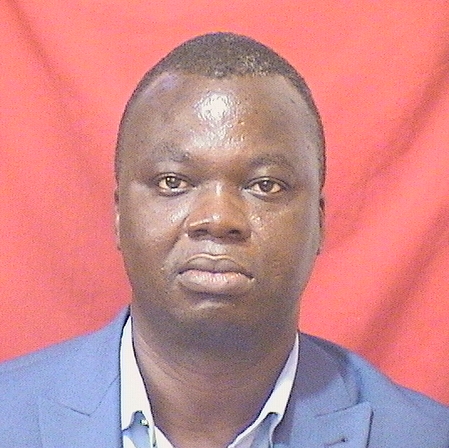Research Projects (Current and Past)
Between 2009 and 2013, I investigated the effects of prescribed fire and fire surrogates (i.e., mechanical thinning) on residual tree growth and carbon sequestration and their underlying mechanisms to better understand the impacts of the treatments on forest ecosystems. To accomplish these objectives, I used a combination of field experimental and observational techniques including tree rings (dendrochronology), neighborhood competition modeling, geographic information systems (GIS) modeling, stable isotope analysis and various statistical modeling.
Since 2009, I have also been researching into phytoremediation, an environmentally friendly and cost-effective biotechnology that utilizes the natural capacity of plants to degrade, immobilize and clean up contaminated substrates in the environment, particularly heavy metals and metalloids contaminated mined sites. My first study on the subject was aimed at evaluating the potentials of three commonly distributed macrophytes (large aquatic plants) for remediating heavy metal contaminated wastewater in constructed wetlands. A related study was also conducted recently (in 2016-2017) to evaluate the effects of some chemical amendments on the success of phytoremediation. Research on phytoremediation is ongoing with some of my undergraduate and postgraduate students investigating different aspects of this remediation technology, especially with respect to ways of optimizing the process through various types of amendments.
Plant invasion and its impacts on forest ecosystems as well as mechanisms of spread have been another area of research interest to me over the years. Much of my recent (from 2014-date) research on this process has focused on Broussonetia papyrifera (locally known as York), a medium-size, semi-deciduous tree which is fast invading many forest ecosystems in Ghana. My goal is to elucidate the spread and underlying mechanisms of this plant (especially the role of decomposition and land use disturbances) as well as the above- and below-ground impacts within some tropical forest ecosystems in the country including the Afram Headwaters Forest Reserve and the Opro River Forest Reserve, both in the Offinso District of the Forestry Commission of Ghana.
Other areas of active research involvement are medicinal plants, urban green spaces including wetlands, and assessment of general floristic composition and structure of some tropical forests in Ghana. My studies in these areas have been ongoing for sometime now (especially within the last four years). The overarching goal of these studies is to understand the general assemblage of the plant communities and their underlying environmental factors. I also have an active research, which is geared toward identifying the best strategies for reclamation of degraded mined sites and enhancing recovery of biodiversity.

